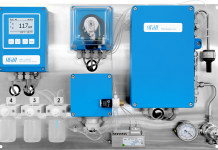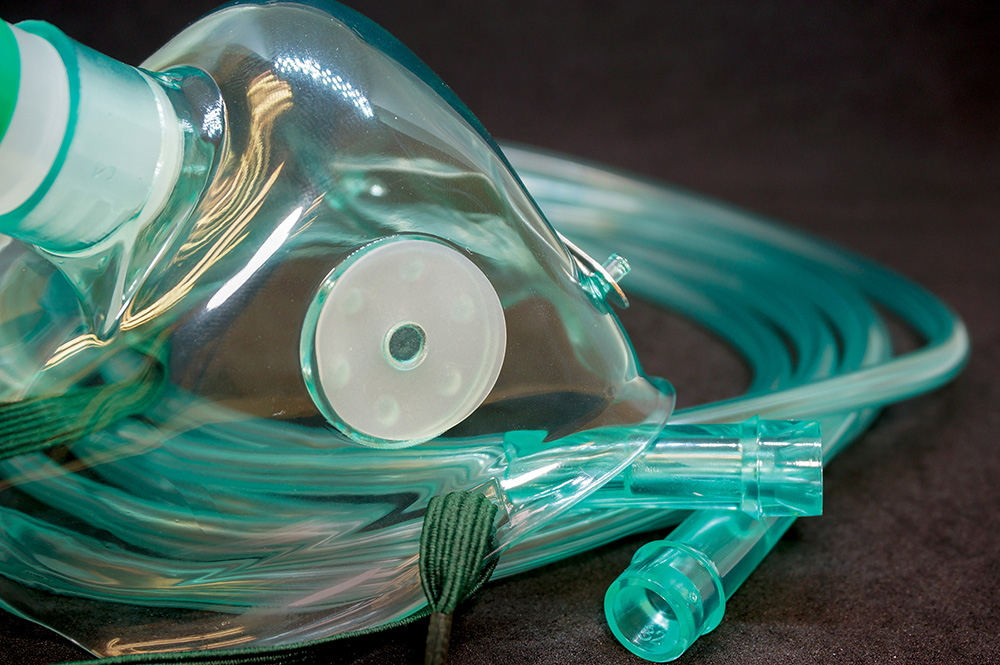With our toxicological expertise and regulatory know-how, DHI is the perfect partner. Not only is choosing the right materials and products crucial. Chemical substances used in products with specific requirements such as medical devices or food packaging materials must be evaluated too.
Based on our regulatory know-how, we can help manufacturers to evaluate their products. We can also help with chemical registrations and application for authorisation as set out in the EU chemicals regulation, REACH. This regulation provides the tools to limit the use of substances of very high concerns (SVHCs).
However, the interfaces between the different types of legislation are often difficult to detect and sometimes the legislation in one sector may impact on the legislation in another sector. Developing effective and safe medical devices, for instance, is a lengthy process and manufacturers often find it difficult to find their way in the complex legislation.
Pitfalls between the Medical Device Regulation and REACH
A medical device manufactured in the EU may contain a problematic substance that is subject to authorisation in REACH. If the substance is included in the Authorisation List due to human health concern, authorisation is not required as health and safety are assessed in connection with the Medical Device Regulation (MDR). However, if the substance is subject to authorisation for environmental reasons it will require a specific use permission under REACH. Not all manufacturers are aware of this, and there are many such overlaps and ambiguities in the various regulations.
Strategy for SVHC is advisable
The Authorisation List under the REACH Regulation includes 43 substances that are considered as SVHCs due to their health or environmental impact. The aim is to phase out these substances over time. The list is updated annually and it is essential for companies to know if they are using substances from the list in their current – or planned future – product portfolio. If that is the case, an authorisation is required for continued use.
DHI helps manufacturers to assess the toxicity of materials and chemical substances. In addition, DHI carries out biocompatibility evaluations and documentation, performs analyses of possible migration of chemical substances and evaluates the need for further tests. The toxicologists at DHI are also experienced in generating data using in-silico prediction tools and read-across.
FACTS ABOUT DHI
Provides consultancy services within Product Safety, Environment and Toxicology to
Industry sectors
Public and governmental authorities
Operates globally and has offices in more than 30 countries
For more information:
www.tox.dhigroup.com











